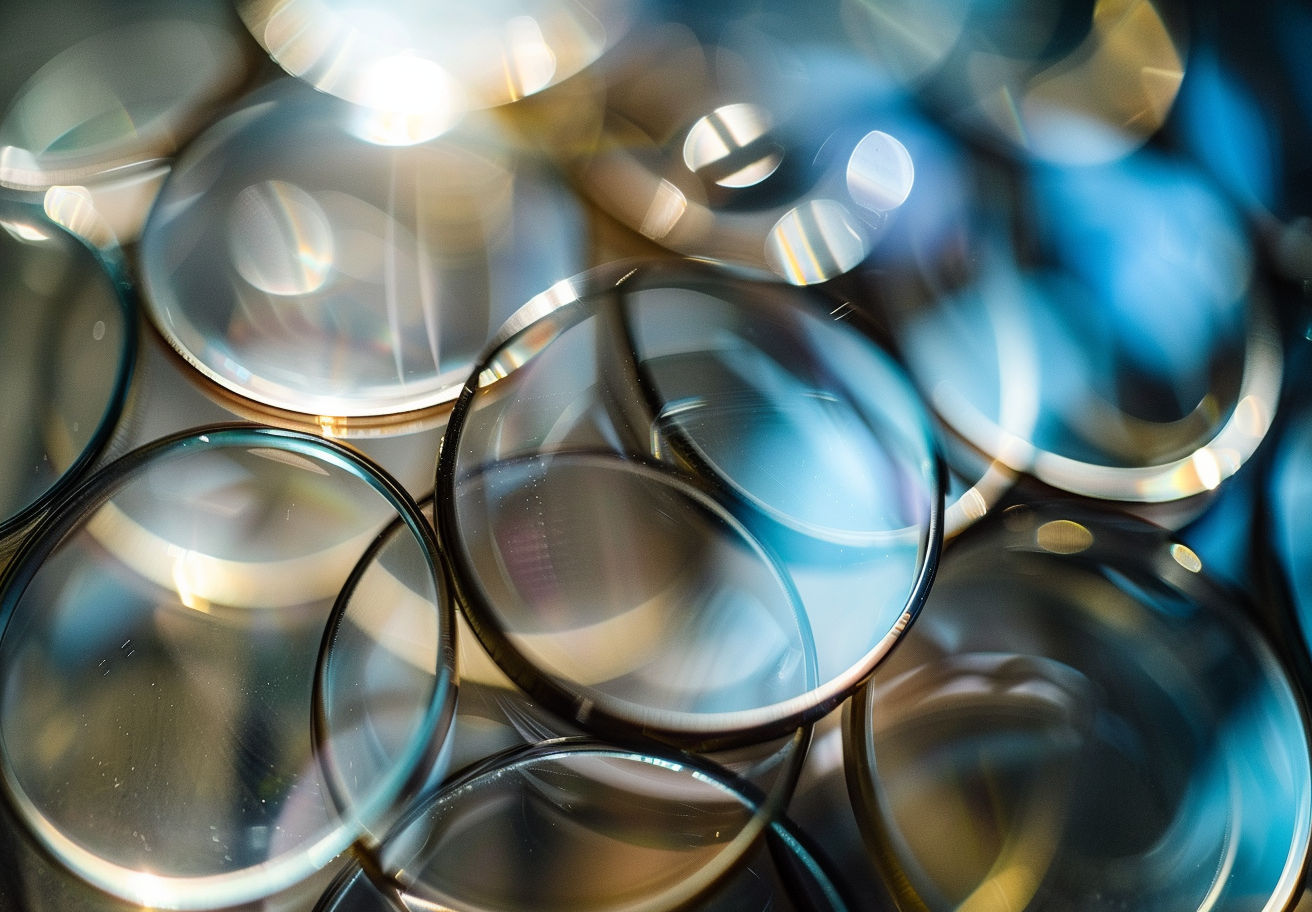Among the wide range of rare earth compounds used in high-tech industries, yttrium chloride (YCl₃) often flies under the radar. Yet its presence is felt in applications as diverse as semiconductors, optics, ceramics, and energy storage. What makes this compound valuable is not just its yttrium content, but the form it takes—soluble, reactive, and adaptable to multiple processing environments.
This article explores the wide-ranging applications of YCl₃ and why it continues to gain interest across industries. Whether it’s enabling better laser crystals, facilitating crystal growth, or serving as a feedstock in high-purity synthesis, YCl₃ is a material that quietly gets things done.
Yttrium chloride plays a role as a dopant in semiconductor fabrication. When added in trace amounts, it helps modify the electrical properties of silicon and other materials, enhancing conductivity and thermal stability. This enables the production of smaller, faster, and more energy-efficient chips.
![]()
In LED and display manufacturing, YCl₃ is used as part of phosphor materials to improve brightness and color rendering. Its stability under prolonged operation ensures consistent luminance and extends device lifespan, making it ideal for high-end displays.
Yttrium is also introduced in magnetic alloys to enhance magnetic coercivity and thermal resistance. These advanced magnets are used in hard drives, sensors, and motors—especially where performance must remain stable under elevated temperatures.
In the field of nanotechnology, YCl₃ enables the synthesis of nanostructures with unique optical and electronic behavior. Its use supports the development of next-generation nanoelectronic devices, sensors, and quantum materials.
Yttrium chloride is frequently used to manufacture specialty optical glasses and precision lenses with high refractive indices and low dispersion. These materials are essential for applications like scientific instruments, telescopes, and high-resolution imaging systems.

YCl₃ is incorporated into host materials for solid-state lasers, serving as a gain medium. It helps increase output power and efficiency, making it suitable for industrial cutting, medical applications, and defense systems.
In optical fibers, yttrium doping can reduce signal attenuation and improve transmission stability. This leads to higher data rates and longer transmission distances, making it valuable in high-capacity fiber optic networks.
Yttrium chloride is also used in phosphor formulations for fluorescent lamps and backlighting. It delivers high brightness and accurate color reproduction—critical for lighting systems and visual displays in both consumer and industrial products.
Yttrium chloride is used to enhance the strength, hardness, and thermal shock resistance of technical ceramics. These advanced materials are deployed in jet engines, brake components, and structural parts in extreme environments.
In composites, YCl₃ improves corrosion resistance and mechanical toughness. Its inclusion in lightweight materials helps extend their performance in aerospace, construction, and defense applications.
Yttrium chloride serves as a catalyst or co-catalyst in petroleum refining, organic synthesis, and polymerization. It enables higher conversion efficiency and better product selectivity, supporting greener and more economical chemical processes.
Engineered coatings incorporating YCl₃ provide wear resistance, chemical protection, and thermal stability for components exposed to harsh conditions. These coatings extend service life and improve the reliability of industrial equipment.
In fuel cells and battery systems, YCl₃ enhances ionic conductivity and thermal resilience. It’s also used in photovoltaic materials to improve solar energy conversion efficiency. These benefits support innovations in both energy generation and storage.
Radioactive isotopes of yttrium derived from YCl₃ are used in medical diagnostics and targeted radiotherapy. The compound is also used in biosensor platforms to improve signal detection in clinical testing.
YCl₃ is effective in treating industrial wastewater and adsorbing airborne pollutants. Its use in air purification devices helps reduce harmful emissions, making it a practical material for environmental remediation.
In textile processing, yttrium chloride improves dye adherence and colorfastness. It also supports the production of flame-retardant and UV-resistant fabrics, enhancing the performance of functional textiles used in safety and outdoor applications.
There are several reasons why industries turn to yttrium chloride specifically:
Solubility and processability: YCl₃ dissolves easily in water and ethanol, making it versatile for both aqueous and non-aqueous processes.
High purity potential: Available in 99.9% to 99.999% purities, it meets the requirements for electronic and optical-grade materials.
Lower carbon content: Compared to organic yttrium salts, it introduces fewer unwanted carbon species during high-temperature processing.
Controlled hydrolysis: Unlike nitrate forms, YCl₃ offers a more gradual hydrolysis profile, reducing the risk of uncontrolled precipitation in solution.
For engineers and formulators, these properties translate into greater consistency and fewer processing challenges—especially important when scaling from lab synthesis to production.
While it may not make headlines, yttrium chloride is a foundation material in numerous high-tech processes. Its adaptability, chemical behavior, and compatibility with modern synthesis methods make it a steady performer in fields where precision matters. Whether you're working with advanced ceramics, lasers, or solid-state devices, YCl₃ deserves a place on your material sourcing radar.
At Stanford Materials Corporation (SMC), we supply high-purity Yttrium Chloride in various grades tailored to your application needs—from optical crystal growth to electronics and R&D. If you’re looking to integrate YCl₃ into your process, feel free to reach out for specifications, SDS, or bulk pricing.
Eric Loewen
Eric Loewen graduated from the University of Illinois studying applied chemistry. His educational background gives him a broad base from which to approach many topics. He has been working with topics about advanced materials for over 5 years at Stanford Materials Corporation (SMC). His main purpose in writing these articles is to provide a free, yet quality resource for readers. He welcomes feedback on typos, errors, or differences in opinion that readers come across.